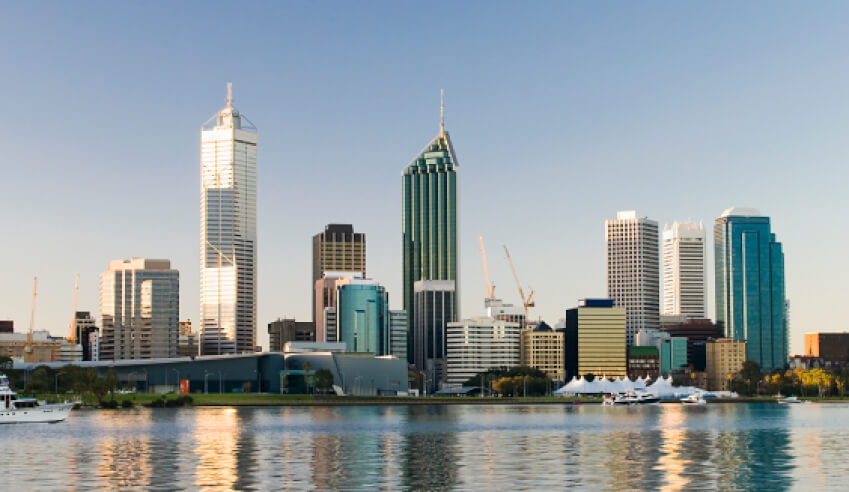Workplace flexibility has, for so long, been characterised as a women’s issue or, more specifically, a women-with-children’s issue, writes Isla McRobbie.

“Flexible working” for many organisations means part-time work combined with caring for small children. While there are, no doubt, important issues that relate specifically to this group, flexible working is about so much more.
What drives the desire to work flexibly?
So, if it’s not always about caring responsibilities, what’s driving this desire to work in a different way? Perhaps, the clue is in the question? When interviewed, none of our JacMac+ consultants express their goal as “flexible working”. Instead, they describe a desire for “more control” over how and when they work, “the ability to operate at a more realistic pace” and “more variety”. In this context, flexible working is simply the means to meet these specific ends.
The economist Theodore Levitt famously said that “people don’t want to buy a quarter-inch drill, they want a quarter-inch hole” — meaning customers buy the result, not the means by which it is achieved.
Perhaps, the same applies to flexible working? People want control/variety/a more realistic pace, rather than flexible working per se.
Reframe the dialogue
So, whether in the context of employees, partners or freelance consultants, perhaps we need to reframe the dialogue from “flexible working” to a more specific and results-oriented discussion about what people are looking for from their careers and their lives? Then we can create a solution to meet those desired results in a way that suits the individual and the business.
Words matter and, as with all mode-ish terms, “flexible working” has started to roll off the tongue as a catch-all description; in this case, for any style of working that differs from “the norm”. It is used to describe everything from part-time hours and working from home, to job-sharing and everything in between. Yet in articulating the complexities of work, life and human desires in this general way, aren’t we missing something? Don’t we risk glossing over the very real, challenging and sometimes even messy issues that most of us face in balancing a career and a life?
In the lead-up to Flexible Working Day on 22 May 2019, Jackson McDonald will explore this question through a series of case studies of how our people, our JacMac+ consultants and our clients define and experience “flexible working”. By exploring the practicalities of working in this way, we hope these case studies will help us and others understand more fully what a flexible approach to work means in 2019.
Nothing involving human beings is ever straightforward and one size doesn’t fit all. The concept of “flexible working” has taken us a long way so far. Is it now time for “flexible working” to step aside in favour of a more nuanced and specific dialogue around the juggle that is life and work, work and life?
Isla McRobbie is a construction partner at Jackson McDonald and is chair of its Diversity Committee. She was the first woman ever on the board of Master Builders Association (WA) and has recently been appointed as a Senior Sessional Member for the State Administrative Tribunal.